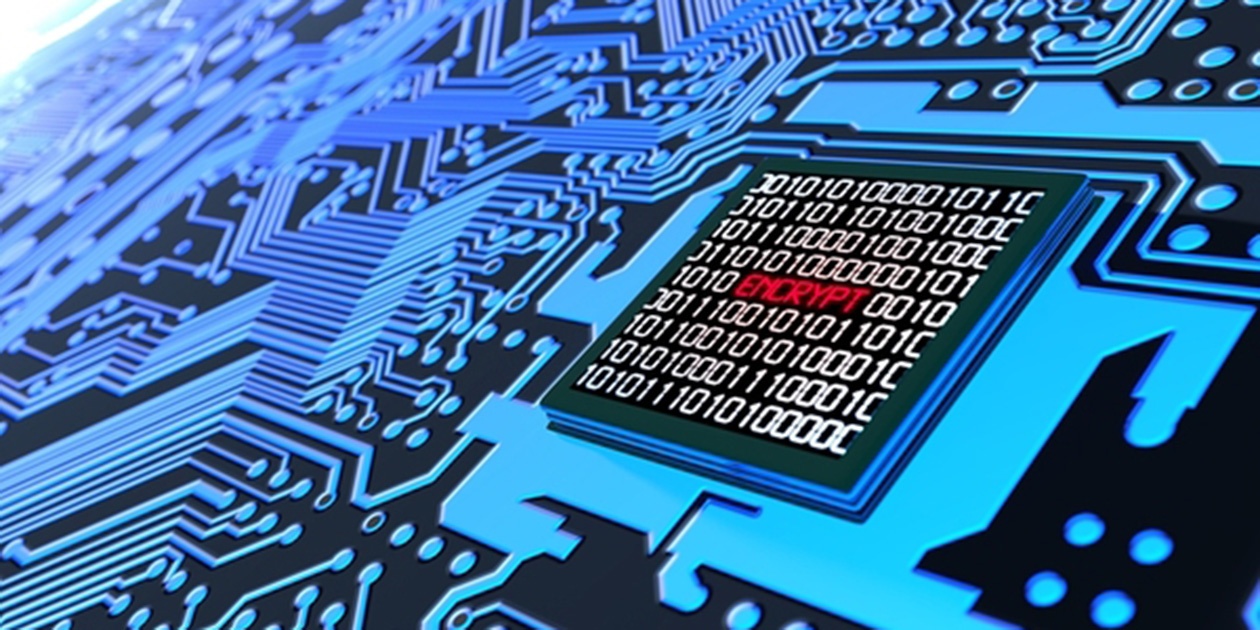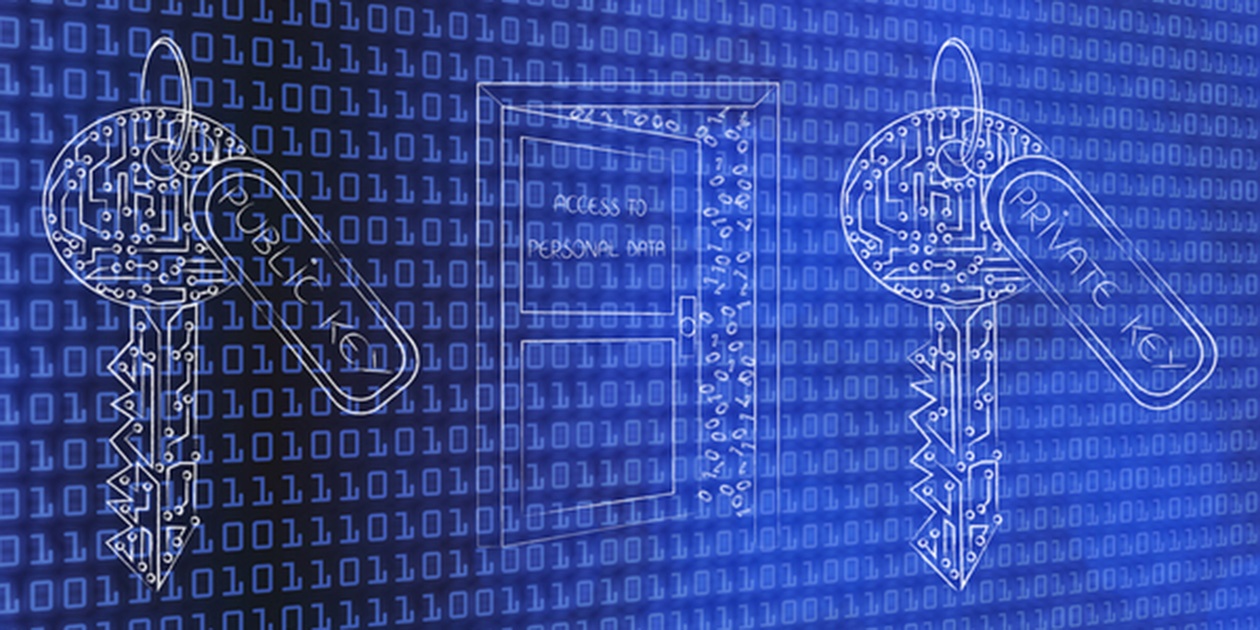
Your EDI system is a business enabler. It allows you to send and receive vital information quickly and easily so that your company can stay competitive and agile. Security features in your EDI system protect it so that it can function properly.
One such security feature is a digital certificate. Read on to learn what a digital certificate is and how it defends your EDI system against security threats.
What Is a Digital Certificate?
A digital certificate is integral to keeping your EDI transactions secure and confidential. In order to gain a better understanding of how digital certificates work, it is helpful to know a bit about encryption.
Encryption converts electronic data into another form, which you cannot understand unless you are authorized to view it. There are two basic ways to encrypt data: symmetric key encryption and asymmetric key encryption.
Symmetric encryption relies upon an encryption/decryption key. The key “unlocks” the information, transforming it from an indecipherable code into something comprehensible. When the key is longer and as random as possible, it provides the greatest level of security for your EDI system messaging.
In order for everyone to understand encrypted messages, trading partners must exchange encryption/decryption keys. This raises some questions.
- How do you exchange keys securely?
- How do you keep track of all of those keys, as each trading partner should have its own key?
This is where asymmetric encryption comes into the picture. It utilizes two sets of keys: a “public” key that encrypts and a “private” key that decrypts. The public key is so known because everyone who sends you documents can use the same key, which is only utilized for encryption; the private key gets its name from the fact that it is not shared with anyone else.
The digital certificate acts as a container for the public key as well as other vital information such as the organization’s name and its server address. It is formatted in a standard way so that software can read it quickly and immediately find the data it needs. You can obtain a digital certificate through an authorized certificate provider, or you can use special software to create your own digital certificate.

Does Your EDI System Utilize Digital Certificates?
How do you know if your EDI system uses digital certificates to keep your messages safe? If you are utilizing IBM Sterling Secure Proxy, you do not need to worry about the security of your data.
IBM Sterling Secure Proxy protects file transfers from the public Internet. It enforces tight controls over your EDI system before the message even enters your trusted zone. One of the authentication options available through IBM Sterling Secure Proxy is digital certificates, so you have peace of mind about your transactions.
Securing your EDI system not only protects your investment, it allows it to function properly. That means you can focus on what you do best: your core business. To learn more about IBM Sterling Secure Proxy and the REMEDI framework that complements it perfectly, contact us today!


